Tanzania Volunteers Target Nutrition, Health, and Education on Demonstration Program
The first teams of Global Volunteers back to Tanzania are engaged in a formative, newly funded effort to expand crucial technologies throughout the villages. With the aid of short-term volunteers, a grant from the Allen Foundation will make it possible for100 families to obtain safe stoves, chicken coops and household gardens. The Reaching Children’s Potential Program (RCP), a child-focused, parent-driven, family-centered, and community-led comprehensive approach to eradicate hunger, improve health, and enhance cognition. The program begins with pregnancy and continues through the 18th birthday centering around pregnant women, mothers, infants, and toddlers. Read on to learn how this additional funding enables Global Volunteers’ RCP Program to fast-track delivery of these crucial health and nutrition resources to additional families.
Volunteers are Central in Expansion of Critical Services
The weeks leading up to April 30, 2022 will be the most essential in the successful expansion of the RCP innovations to all five of the villages in the Ukwega Ward. This stage requires that 100 families receive, and are taught to use the new technologies in combination for maximum impact. Full or nearly-full programs are necessary to meet this demand. The success of this first phase will provide the evidence for additional funding to supply all 680 families throughout the Ward.
The four work projects – building safe, improved stoves and chicken coops, planting EarthBoxes, and teaching parents how to use these new technologies – do not require specialized skills. Volunteers of all backgrounds – teachers, students, retirees, working professionals alike – are needed to work alongside Tanzanian families and staff to produce these new resources in the time allowed. All materials will be available on site, and local project directors will supervise construction, planting and teaching. Volunteers fly directly to Iringa from Dar es Salaam, and are transported in Global Volunteers’ vehicles to the Global Volunteers-owned and maintained community lodging the same day. The Global Volunteers guesthouse is a newly built, very comfortable and safe facility with in-room bathrooms, showers and hot running water. Three daily meals are prepared by Global Volunteers’ cook and served at the adjacent kitchen and meeting room. All COVID-19 precautions are strictly observed, including masking, handwashing, physical distancing and use of hand sanitizer where necessary.
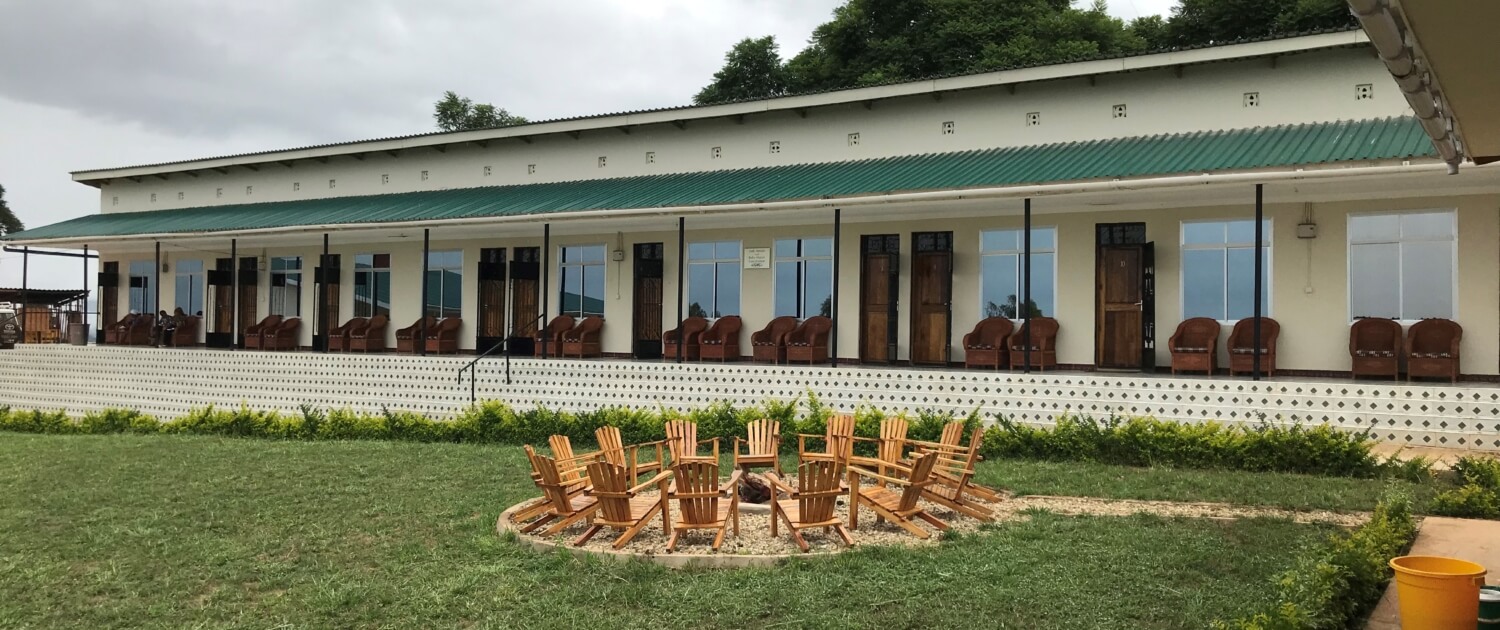
An Integrated Approach Multiplies Benefits
Providing accurate information, encouragement, and access to healthy foods and safe cooking methods to parents enables them to provide their children with adequate nutrition. The approach is coordinated, comprehensive and integrated across all communications and technology channels through a four-step process. With the continuous support of volunteers, donors, local staff and community partners, we provide fortified porridge provided by our partner Rise Against Hunger, distribute our partner Earthbox container gardens, build chicken coops and improved cooking stoves, and conduct technology workshops for participating RCP village families in the Ukwega Ward.
Read how volunteers contribute to these sustained efforts:
We need you now to help bring these improvements to Tanzanian families!
Teaching Health and Nutrition Workshops
The World Food Programme (WFP) reports “the right nutrition at the right time can change lives and break the cycle of poverty.” Poverty interrupts both access to and education about proper nutrition. Proper nutrition is key for healthy birth, development and growth. Through volunteer professionals – working and retired nutritionists, nurses, physicians, pharmacists, dietitians, and students in those disciplines – Global Volunteers provides nutrition education to parents and students at local leaders’ request. These hands-on workshops address nutrition, food production, and meal preparation for adults and students in school room classes and parent workshops. The group lessons are reinforced through home visits, where local staff follow each family’s progress, help them adopt hygiene technologies, and encourage them to keep working toward a healthy lifestyle.
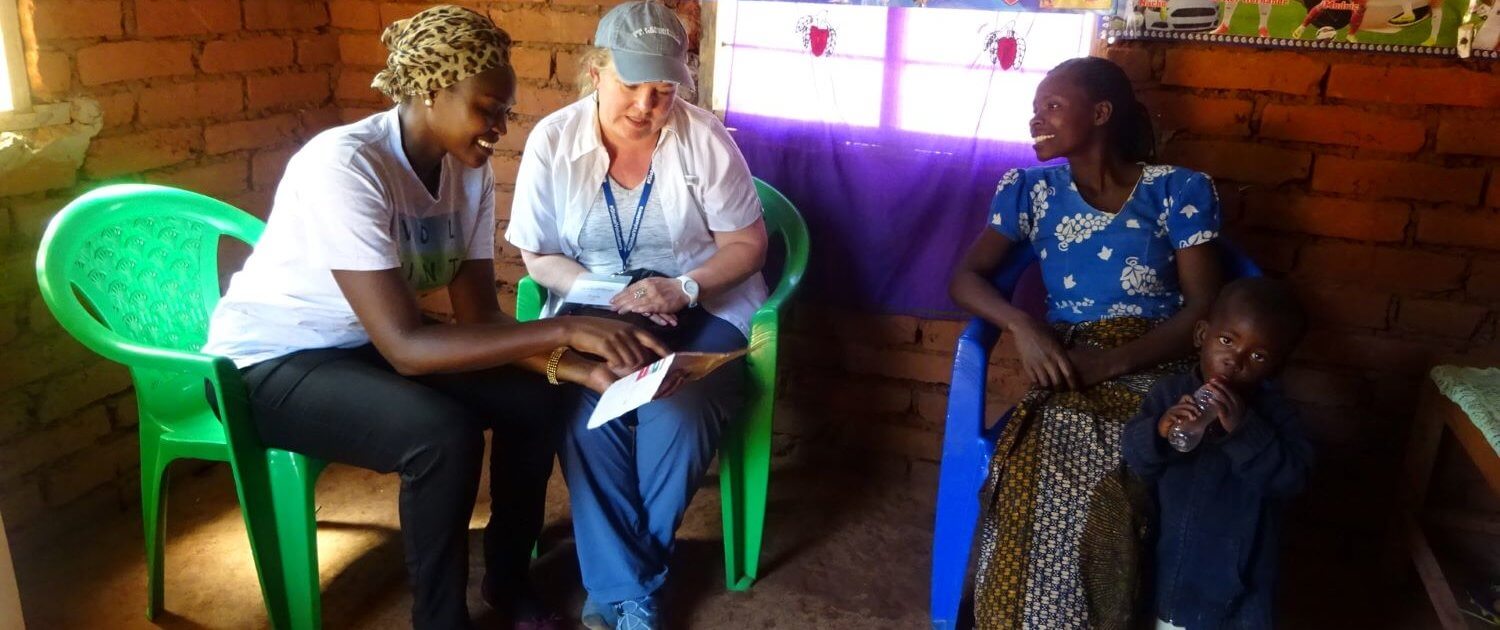
Providing Fortified Meals to Children and Mothers
Global Volunteers provides pregnant women, mothers, toddlers and students two daily fortified packaged meals and micro-nutrient supplements through the RCP Program. Donated by Rise Against Hunger, these meals include the recommended daily amounts of vitamins and minerals (i.e., folate, iron, iodine, zinc, niacin, selenium, manganese, vitamins A, B1, B2, B6, C, and E), all of which reduce maternal morbidity and mortality, and boosts fetal growth and development. This nutrition supplements their primary staple of ugali – a maize flour porridge which is filling and provides carbohydrates and fat but lacks sufficient vitamins and minerals.
Planting Container Gardens for Household Cooking
Through our partnership with EarthBox, mothers with at least one child under the age of two receive five container gardens, and pregnant women receive four. The household gardens are excellent for growing vegetables in small areas as they can be set on tables, and afford easy access to pregnant women or mothers carrying babies on their backs. EarthBoxes are very easy to maintain, produce quickly, and don’t become infected with any soil-borne diseases or weeds. Tomato, cucumber, lettuce, green pepper, spinach, and Chinese cabbage seedlings are grown in the Global Volunteers RCP greenhouse and transferred to the gardens.
“I grow green peppers in the container gardens, and now they are in the stage of being harvested. So I usually add green pepper almost in every food that I cook and the food becomes tasteful with good smell. I did not harvest all of them at once; I only harvest it when I need to use it. Vegetables are very important to our health because they help our bodies to fight against diseases. Truly, before the workshops we were just eating the food so that our stomachs could be full but not to help the body. That is why we were just eating the food sometimes without vegetables or fruits and we thought it was ok, but it was not. So now we know the importance of eating vegetables.”
Yunisi Chusi, RCP mother of six

Building Chicken Coops for Affordable Protein
Protein is the most expensive component of a balanced diet in the Ukwega Ward. While most families lack a source of protein, some are able to buy eggs and chicken to feed their families. Providing chicken and egg production to families is a powerful, cost-effective , and sustainable investment in community health. Chickens are easy and inexpensive to maintain, are an excellent source of protein for family diets, produce fertilizer, and are a source of income. Moreover, because raising chickens for profit is most often done by village women, that income often is transferred into improved child nutrition, health and education, according to the U.N. WomenWatch organization.
Chicken coops protect fowl from bad weather and predators and provide proper laying space so hens produce more and keep eggs together. Through the RCP program, Global Volunteers supply families with a chicken coop and 25 chicks with feed, enough to supply sufficient protein for the entire family.
“Sometimes you will find yourself in a position that you don’t have money to buy even food for your family. If you have a chicken, the only option you have is to sell it to get money. So sometimes it is our poverty that forces us to not enjoy our hard work.”
Kijaneth Kitule, RCP mother of six
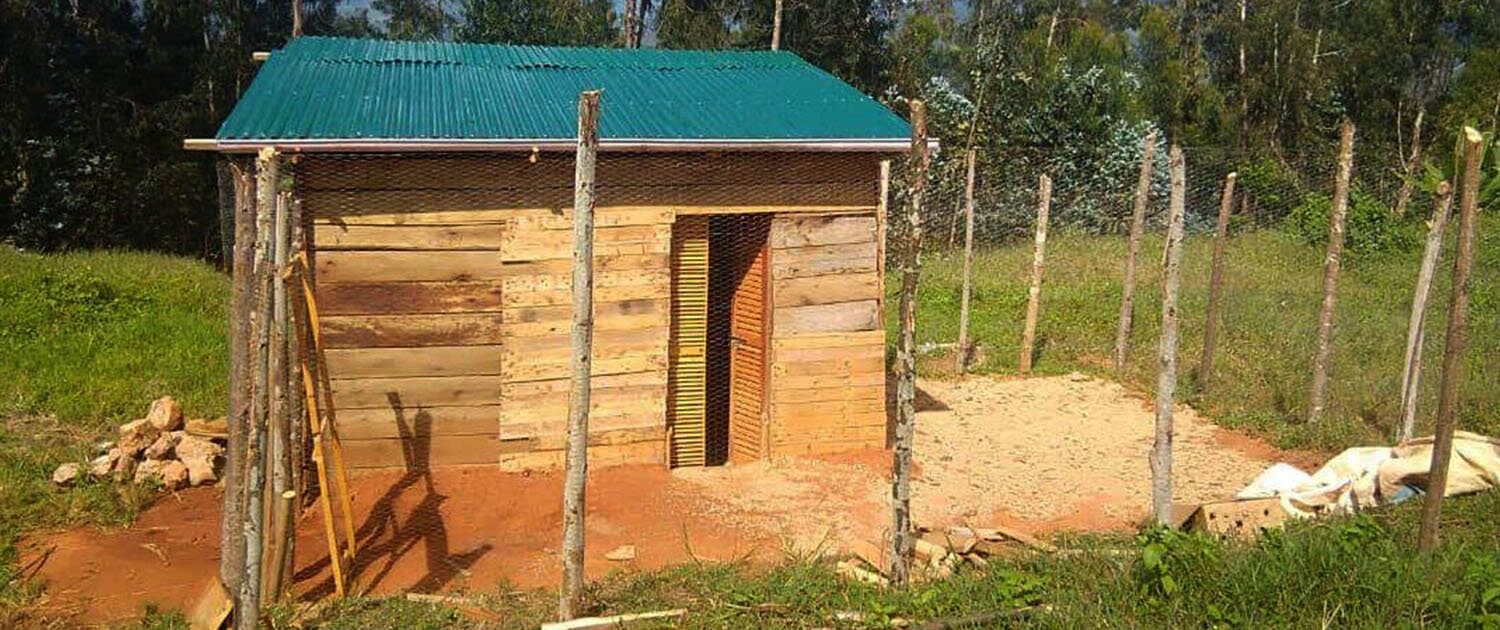
Constructing Improved Cooking Stoves for Safety and Health
In the Ukwega Ward, a three-boulder, open and unvented wood fire works as the standard “kitchen.” These indoor fires are fueled by solid materials such as wood, dung, or crop residue – which release harmful emissions causing respiratory infections. USAID’s Environmental Health Program reports that acute lower respiratory infections, the leading cause of death among children under five, are “closely associated with exposure to indoor smoke from cooking with biomass fuels.”
Global Volunteers’ solution is a safer stove design that vents the smoke out of the cooking area, improves combustion, and reduces the amount of fuel needed to cook. Each improved stove includes a chimney that removes smoke and other pollutants from the enclosed space through a chimney and is constructed from locally available materials. The design reflects the type of fuel that is readily available to the people using it. Because less wood is needed to cook, women will spend less time collecting wood. The introduction of these stoves means local women will have more time to care for their children and attend parent workshops.
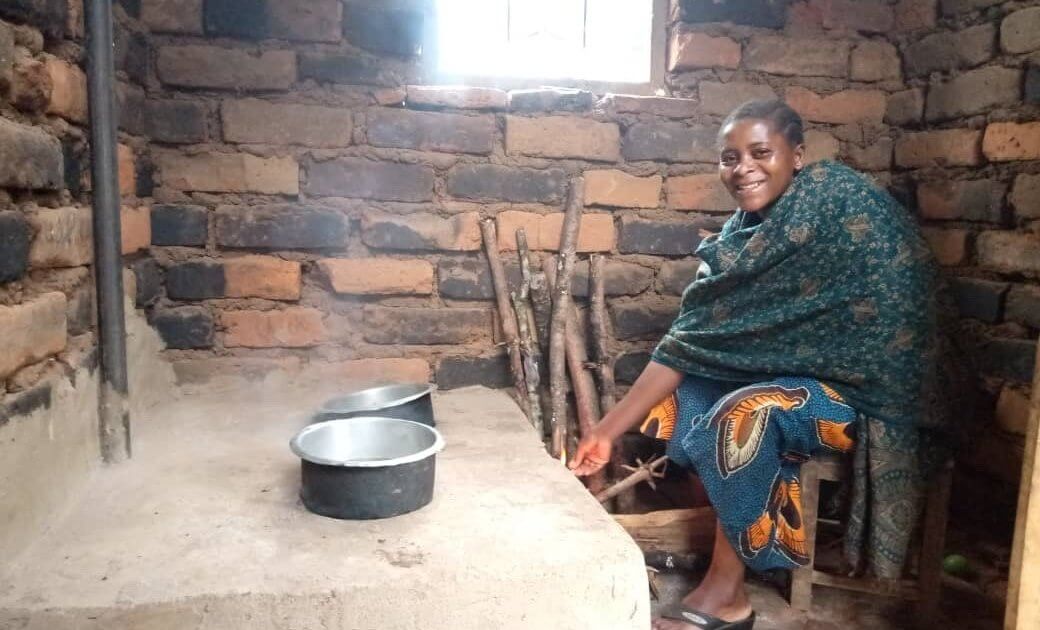
“My mud stove was not made by quality materials and when there was rain, the stove broke and needed frequent repairing. But the stove Global Volunteers built in my home is efficient, safe, with less smoke and only a little firewood. I am so thankful that Global Volunteers chose to demonstrate this stove in my house because it’s very helpful. I did not have money to afford this type of stove.”
RCP mother Prisca Magomola

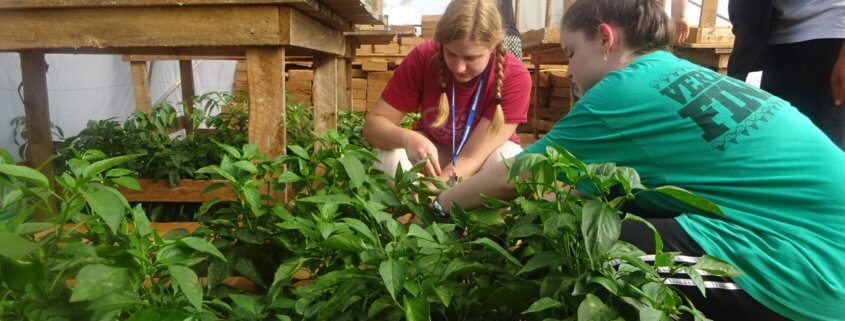


Leave a Reply
Want to join the discussion?Feel free to contribute!